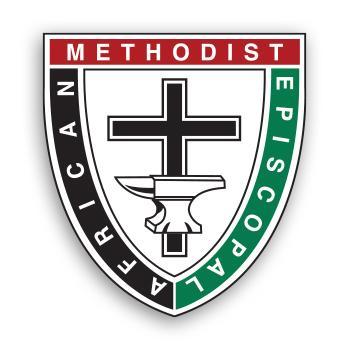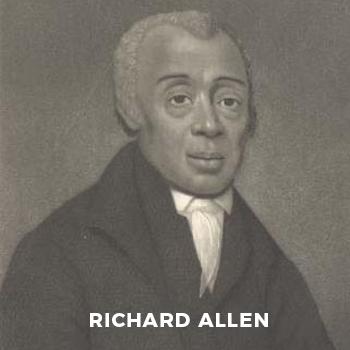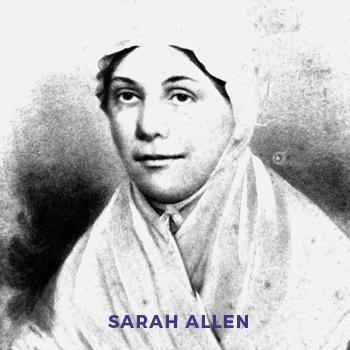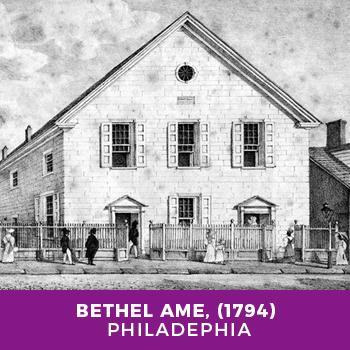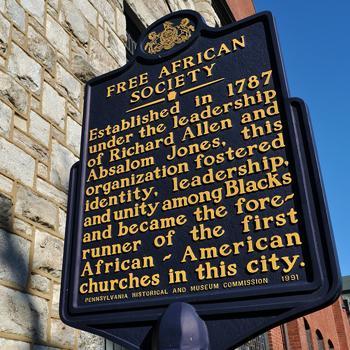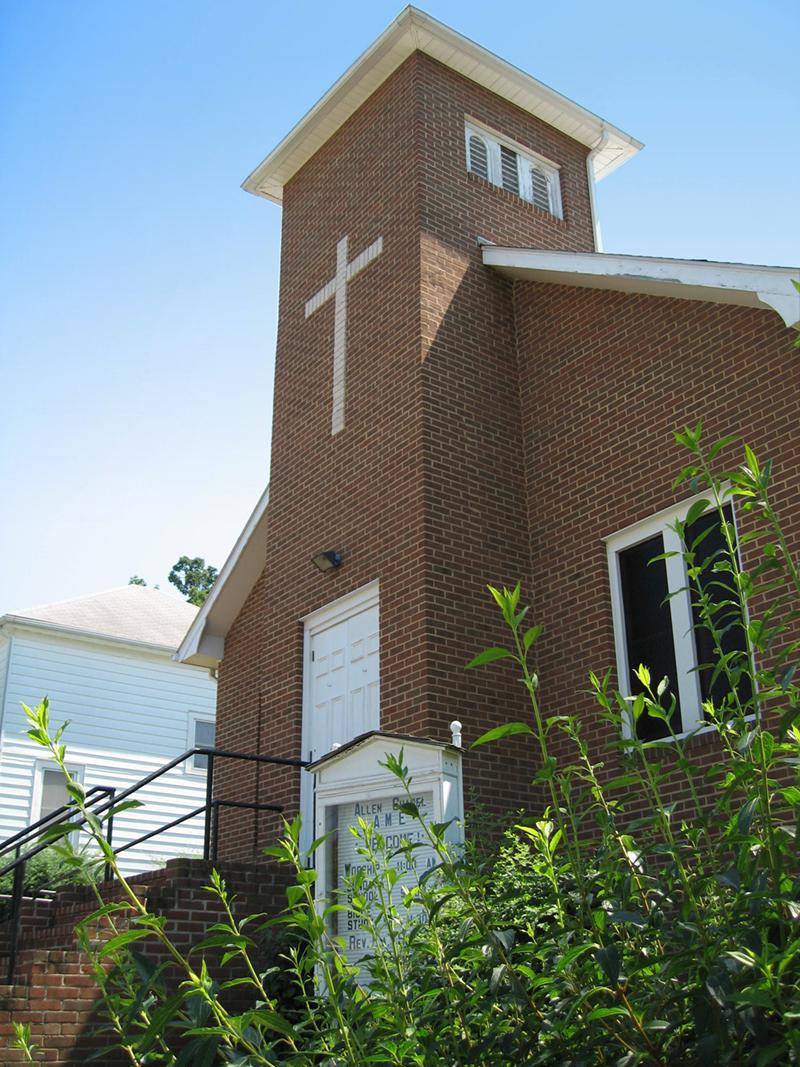What does “AME” stand for?
AME stands for African Methodist Episcopal:
- “African” because the Church was organized by people of African descent and formed in protest against dehumanization of African people;
- “Methodist” because we follow the Methodist doctrine and order of worship; and
- “Episcopal” because we operate under an Episcopal form of church government that includes bishops and districts.
What exactly do “AME” church members believe?
The Motto “God Our Father, Christ Our Redeemer, the Holy Spirit Our Comforter, Humankind Our Family” is a great summary of what the African Methodist Episcopal Church believes.
We pray and profess the Apostles’ Creed:
I believe in God the Father Almighty, Maker of heaven and earth, and in Jesus Christ, his only son, our Lord, who was conceived by the Holy Spirit, born of the Virgin Mary, suffered under Pontius Pilate, was crucified, dead, and buried. The third day he arose from the dead, he ascended into heaven and sitteth at the right hand of God the Father Almighty; from thence he shall come to judge the quick and the dead. I believe in the Holy Spirit, the Church Universal, the communion of saints, the forgiveness of sins, the resurrection of the body and the life everlasting. Amen.
What books do you consider sacred texts?
We study and hold sacrosanct the Holy Bible, including the Old and New Testaments.
How big is this denomination?
At last count, the AME Church included more than 2,000,000 members, 8,000 ministers, and 7,000 congregations in more than 30 nations in North and South America, Africa, and Europe. The AME Church is a member of the National Council of Churches of Christ in the USA (NCC), and the World Council of Churches.
Does the Church allow people who are not of African descent to join?
Membership is open to people of all races, and anyone who believes in Christ as redeemer may join. In preparation for being received into full membership, people study
- the assurance of salvation,
- the Articles of Religion,
- a history of the AME Church,
- Christian stewardship, including ongoing Bible study and personal prayer,
- rules and regulations of the Church,
- the Bible,
- a history and ministries of the local church, and
- catechism on faith.
